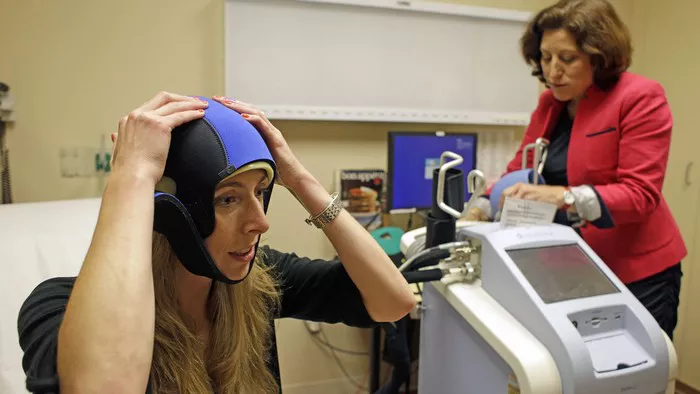Biotin supplements have become a go-to solution for many dealing with hair thinning or wanting longer, healthier locks. But do they actually work? According to leading medical experts — not really.
What Is Biotin and Why Is It So Popular?
Biotin, also known as vitamin B7 or vitamin H, is a water-soluble B vitamin that plays a role in converting food into energy. It’s essential for skin, nail, and hair health — but only in extremely small amounts. You can naturally get biotin from foods like eggs, salmon, sweet potatoes, almonds, and milk.
Because of its link to hair and scalp health, biotin has been heavily marketed as a supplement that can stimulate hair growth and stop hair loss. But the science doesn’t quite back it up.
What the Experts Are Saying
Dr. Cyriac Abby Philips, widely known as The Liver Doc on social media, recently addressed the biotin-hair myth in a viral video. He bluntly stated:
“Biotin does not increase hair growth, does not increase the volume of hair, and does not prevent hair loss.”
He pointed to official guidance from the American Academy of Dermatology Association (AAD), which has long maintained that biotin supplements do not help with hair loss unless the person is actually biotin deficient — a condition that’s extremely rare.
Dr. Lauren N. Taglia, Board-Certified Dermatologist, Adds:
“Biotin helps the body process proteins, fats, and carbohydrates for energy and supports hair and scalp health. But if you’re not deficient, extra biotin won’t help your hair.”
She also warned that high doses of biotin can interfere with lab tests, especially hormone panels like thyroid function, potentially leading to misdiagnoses.
The Bottom Line: Should You Take Biotin for Hair?
Only if you’re deficient — which is rare.
Don’t expect thicker or faster-growing hair if you’re already getting enough biotin from your diet.
Talk to a doctor before supplementing, especially if you’re undergoing blood tests.
While biotin might not be harmful in moderate amounts, taking it without a medical reason is unlikely to make a difference in your hair — and may even cause confusion in lab results.
So, if you’re losing hair, it’s best to look at other proven causes like stress, hormonal changes, scalp health, or genetics — and work with a dermatologist for personalized advice.
Related topics:
- KAIST Professor Unveils New Hair Loss Prevention Spray with Promising Clinical Results
- Understanding Trichotillomania: The Compulsion to Pull Out One’s Own Hair
- Could Anti-Frizz Products Contribute to Hair Loss? Experts Weigh In


